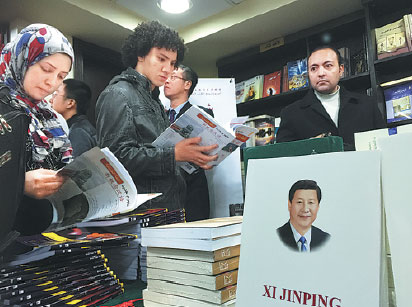Professor builds 'cultural bridges' with translations
Updated: 2016-01-20 08:14
By Zhang Yunbi(China Daily)
|
|||||||||||
Nations must learn about each other via direct exchanges, Shanghai scholar says
Nobody understands the power of language in building a bridge between the Chinese and Arabs better than Zhu Weilie, a leading scholar of Arabic studies and the winner of many awards for his translations of famous Middle Eastern works.
Zhu, a passionate lover of Arab culture and a professor at Shanghai International Studies University, still teaches at the age of 75.He is currently leading his students in translating of Saudi Arabian books.
|
Egyptians look through books at the 2016 Egyptian Exhibition on Chinese Books in Cairo on Tuesday. Yu Yilei / China Daily |
Zhu strongly advocates the need to reinforce direct translation and even interaction between the Chinese and Arabian communities "as much as possible".
"We have often come to know each other via third parties, including the Western media, rather than through direct exchanges. It is a problem that looms large even in the translation of classical pieces," Zhu noted.
His decades long dedication to the translation of Arabic works has earned him many awards from home and abroad. One of the most recent was the King Abdullah Bin Abdulaziz International Award for Translation, announced by Saudi Arabia on May 13, 2014.
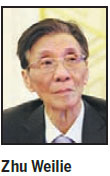
"He has a prominent role in building cultural bridges between Arab and Chinese cultures," the award citation said.
Zhu has led or participated in the translation of many famous works from Arabic, including Islamic classics such as Khatmil Quran and Sahih al-Bukhari, as well as more contemporary works such as Give Back My Heart by the Egyptian writer Yusuf Sibai.
As many publishers are taking more Chinese books to markets abroad, Zhu stated his opposition to translations by Chinese who work alone.
" Such books could be co-published with local publishers, who have good taste and vision. ... The whole process of publishing and circulation should involve local people," Zhu said, citing his recipe for boosting the popularity of Chinese books overseas.
China's publishers "should adapt to the national conditions in the destination countries, (similar to) what they do at home" along with an assessment system-that includes seminars with local experts and media - to fine-tune publishing plans, he added.
Commenting on China's recent ambition to boost at home academic research on separate countries and regions in the world, Zhu cited the dire need to "nurture talent and produce more reliable and feasible books".
zhangyunbi@chinadaily.com.cn
Today's Top News
Hollande makes last-chance push to curb French unemployment
Chinese conductor becomes first woman in charge of BBC orchestra
Taxi drivers in Budapest protests against Uber
China gains major win in trade dispute with EU
Xi to deliver speech on Middle East policy
AIIB chief vows to run clean, lean, green institution
Chinese firms making inroads in UK
Value addition
Hot Topics
Lunar probe , China growth forecasts, Emission rules get tougher, China seen through 'colored lens', International board,
Editor's Picks
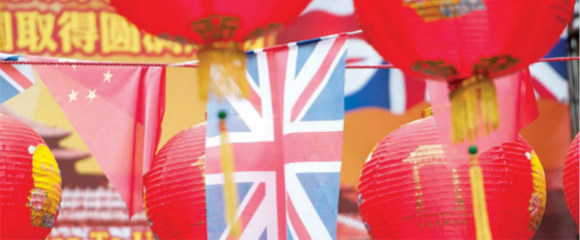
|

|
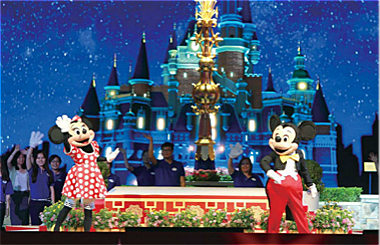
|

|

|
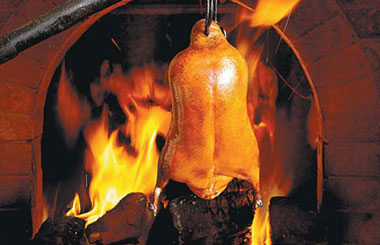
|
